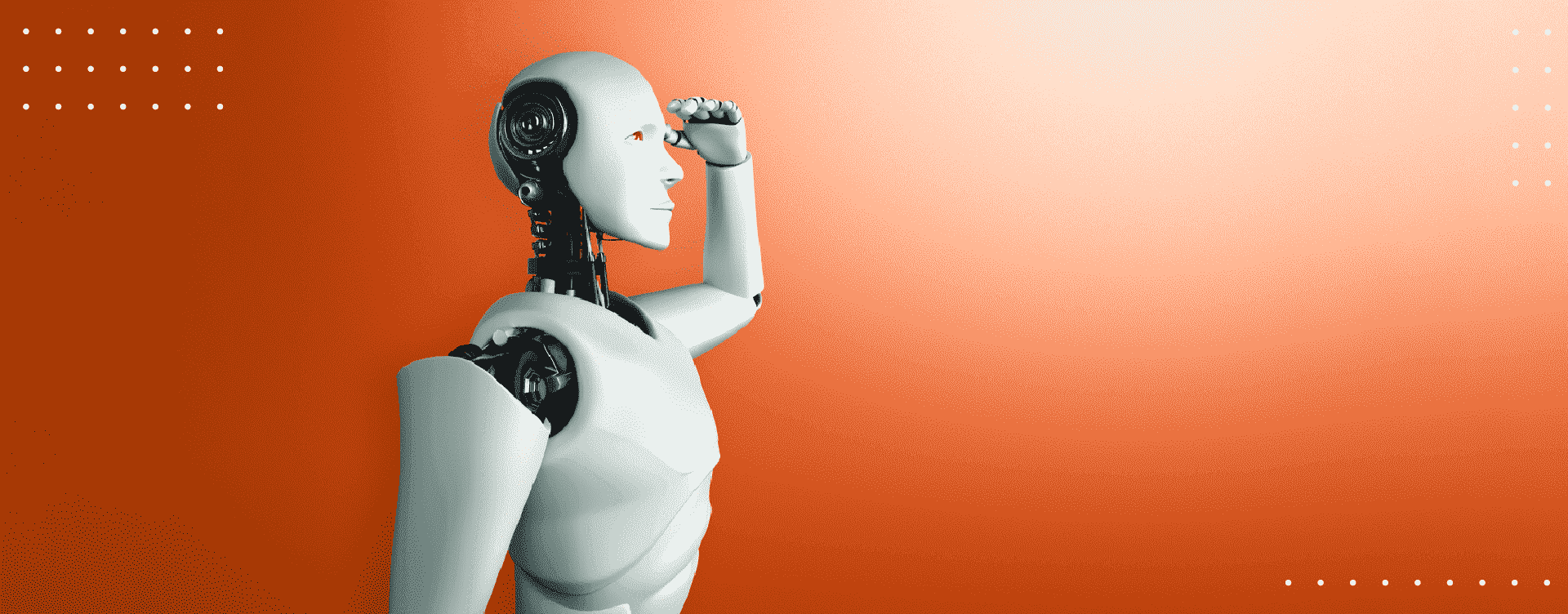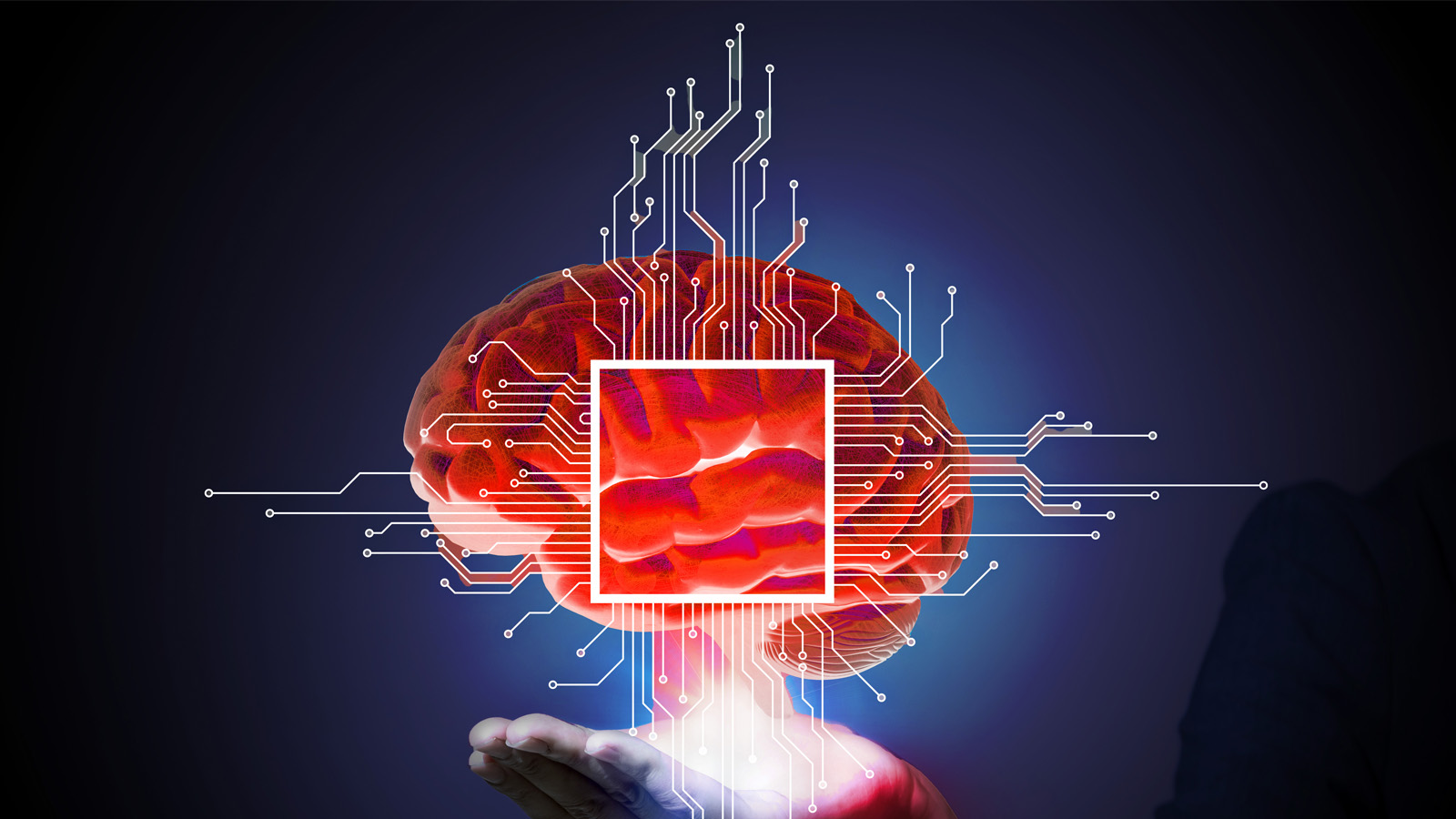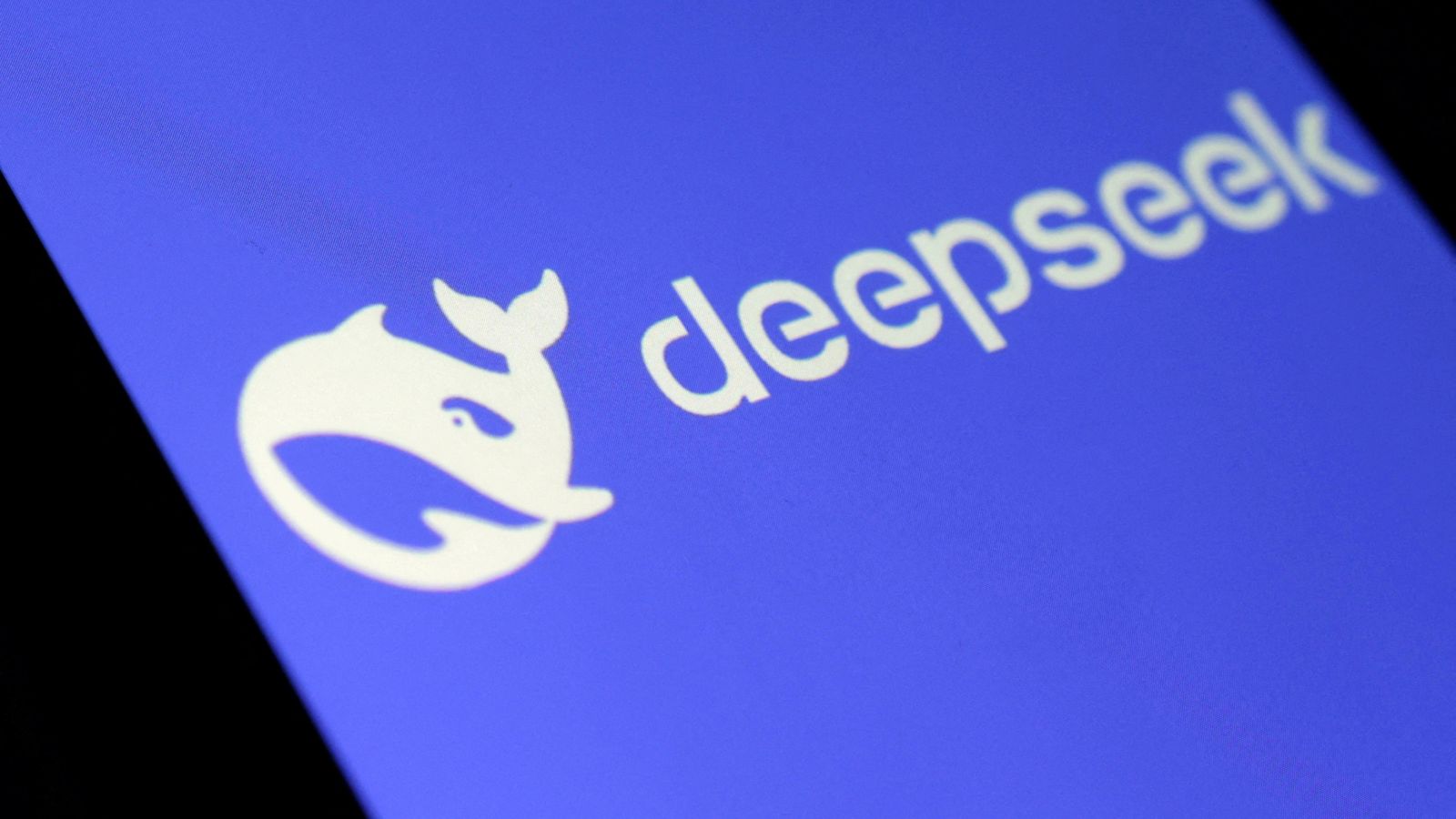This company has no active jobs
Company Information
- Total Jobs 0 Jobs
- Category Chemistry
- Location Vasai Mumbai maharastra
- Full Address Rue De La Poste 21
About Us
How an AI-written Book Shows why the Tech ‘Horrifies’ Creatives

For Christmas I received an interesting present from a good friend – my extremely own “best-selling” book.

“Tech-Splaining for Dummies” (fantastic title) bears my name and wiki.dulovic.tech my picture on its cover, and it has radiant evaluations.
Yet it was written by AI, with a few easy prompts about me supplied by my friend Janet.
It’s an interesting read, and really amusing in parts. But it likewise meanders quite a lot, and is somewhere in between a self-help book and a stream of anecdotes.
It imitates my chatty style of writing, but it’s also a bit recurring, and really verbose. It might have gone beyond Janet’s prompts in looking at data about me.
Several sentences start “as a leading technology reporter …” – cringe – which might have been scraped from an online bio.
There’s also a mysterious, repeated hallucination in the form of my feline (I have no family pets). And there’s a metaphor on almost every page – some more random than others.
There are lots of companies online offering AI-book writing services. My book was from BookByAnyone.
When I contacted the primary executive Adir Mashiach, based in Israel, he told me he had actually offered around 150,000 personalised books, generally in the US, since pivoting from compiling AI-generated travel guides in June 2024.
A paperback copy of your own 240-page long best-seller costs ₤ 26. The firm utilizes its own AI tools to produce them, based upon an open source big language model.
I’m not asking you to buy my book. Actually you can’t – just Janet, who developed it, can purchase any additional copies.
There is currently no barrier to anyone producing one in any person’s name, consisting of celebs – although Mr Mashiach states there are guardrails around abusive material. Each book consists of a printed disclaimer stating that it is fictional, developed by AI, and designed “entirely to bring humour and pleasure”.
Legally, the copyright belongs to the company, but Mr Mashiach stresses that the product is meant as a “customised gag present”, and the books do not get offered further.
He hopes to widen his variety, creating various genres such as sci-fi, and perhaps providing an autobiography service. It’s developed to be a light-hearted kind of consumer AI – offering AI-generated products to human consumers.
It’s likewise a bit frightening if, like me, you compose for vmeste-so-vsemi.ru a living. Not least because it most likely took less than a minute to produce, and it does, definitely in some parts, sound simply like me.
Musicians, authors, artists and actors worldwide have actually expressed alarm about their work being utilized to train generative AI tools that then produce similar content based upon it.
“We must be clear, when we are speaking about data here, we really imply human developers’ life works,” says Ed Newton Rex, founder of Fairly Trained, which campaigns for AI firms to respect developers’ rights.
“This is books, this is articles, this is pictures. It’s works of art. It’s records … The whole point of AI training is to find out how to do something and after that do more like that.”
In 2023 a tune featuring AI-generated voices of Canadian vocalists Drake and The Weeknd went viral on social networks before being pulled from streaming platforms because it was not their work and they had not consented to it. It didn’t stop the track’s creator attempting to choose it for a Grammy award. And although the artists were fake, it was still wildly popular.
“I do not think the usage of generative AI for innovative purposes must be banned, however I do believe that generative AI for these functions that is trained on individuals’s work without authorization must be banned,” Mr Newton Rex adds. “AI can be really powerful but let’s construct it fairly and relatively.”
OpenAI says Chinese rivals using its work for their AI apps
DeepSeek: The Chinese AI app that has the world talking
China’s DeepSeek AI shakes industry and damages America’s swagger
In the UK some organisations – consisting of the BBC – have chosen to obstruct AI developers from trawling their online content for training purposes. Others have actually decided to work together – the Financial Times has partnered with ChatGPT creator OpenAI for example.
The UK federal government is thinking about an overhaul of the law that would allow AI designers to use developers’ material on the internet to assist develop their models, unless the rights holders choose out.
Ed Newton Rex describes this as “insanity”.
He points out that AI can make advances in areas like defence, health care and logistics without trawling the work of authors, reporters and artists.
“All of these things work without going and changing copyright law and messing up the livelihoods of the country’s creatives,” he argues.
Baroness Kidron, a crossbench peer in your house of Lords, is also highly against eliminating copyright law for AI.
“Creative markets are wealth creators, 2.4 million jobs and a great deal of happiness,” says the Baroness, who is also an advisor to the Institute for Ethics in AI at Oxford University.
“The federal government is undermining one of its finest carrying out industries on the unclear guarantee of growth.”
A federal government spokesperson stated: “No move will be made up until we are definitely confident we have a useful plan that delivers each of our goals: increased control for best holders to assist them license their material, access to premium material to train leading AI designs in the UK, and more transparency for best holders from AI designers.”
Under the UK federal government’s new AI strategy, a nationwide data library including public data from a large range of sources will also be made available to AI scientists.
In the US the future of federal guidelines to control AI is now up in the air following President Trump’s return to the presidency.
In 2023 Biden signed an executive order that aimed to boost the security of AI with, among other things, firms in the sector required to share information of the functions of their systems with the US government before they are released.
But this has now been repealed by Trump. It remains to be seen what Trump will do instead, but he is said to desire the AI sector to face less policy.
This comes as a variety of lawsuits versus AI firms, and especially against OpenAI, continue in the US. They have actually been secured by everyone from the New York Times to authors, music labels, and even a comedian.
They claim that the AI companies broke the law when they took their content from the internet without their approval, and used it to train their systems.
The AI companies argue that their actions fall under “reasonable use” and are therefore exempt. There are a number of factors which can make up reasonable usage – it’s not a straight-forward meaning. But the AI sector is under increasing scrutiny over how it collects training information and whether it must be spending for it.
If this wasn’t all adequate to ponder, Chinese AI company DeepSeek has actually shaken the sector over the past week. It became the many downloaded totally free app on Apple’s US App Store.
DeepSeek claims that it developed its technology for a portion of the cost of the similarity OpenAI. Its success has raised security concerns in the US, and threatens American’s existing dominance of the sector.
When it comes to me and a profession as an author, I believe that at the moment, if I truly want a “bestseller” I’ll still have to write it myself. If anything, Tech-Splaining for Dummies highlights the existing weakness in generative AI tools for bigger jobs. It has lots of mistakes and hallucinations, and it can be quite tough to check out in parts since it’s so verbose.
But given how quickly the tech is progressing, I’m not sure for how long I can stay positive that my considerably slower human writing and editing skills, are much better.
Register for our Tech Decoded newsletter to follow the biggest advancements in international innovation, with analysis from BBC correspondents around the world.
Outside the UK? Register here.



